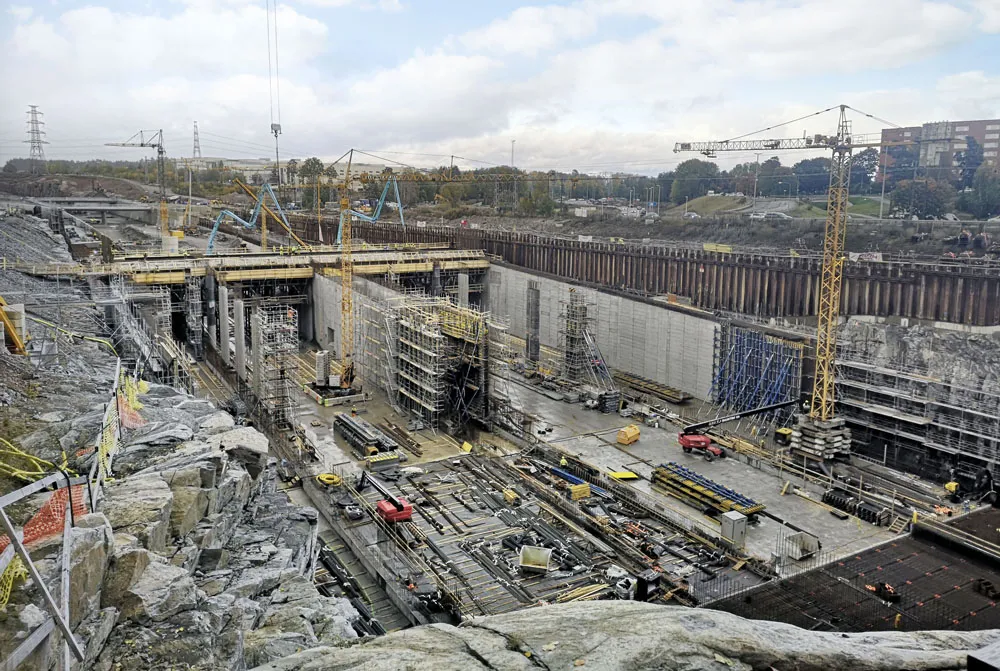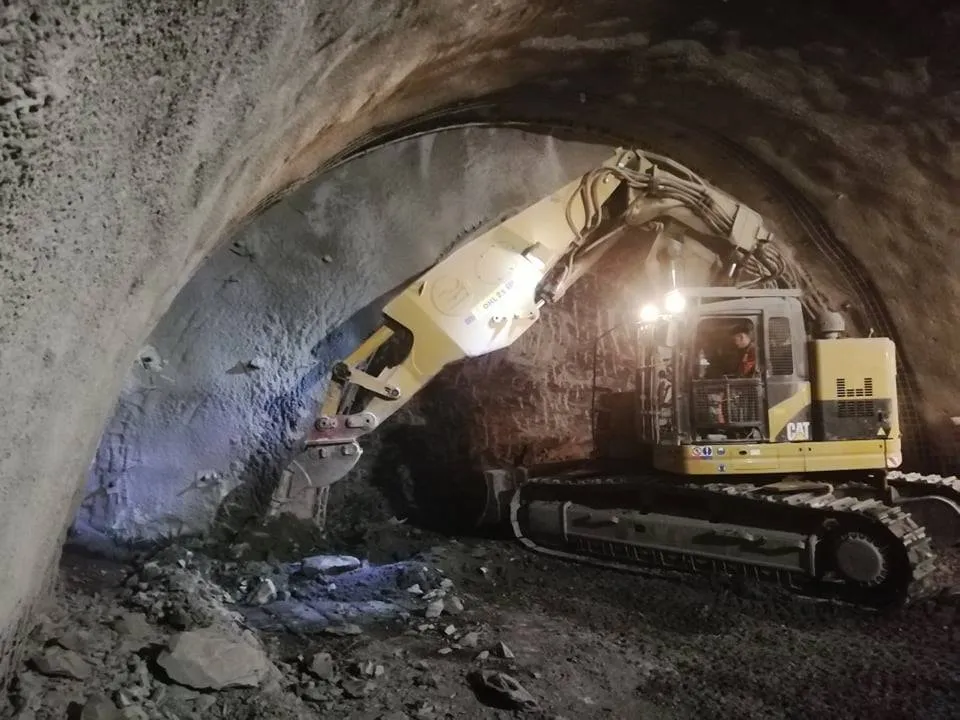Revisions to a bypass project in Slovakia will help reduce the construction costs. The Prešov bypass is now being built with just two lanes, which will cut the construction costs by some€200 million. The project was initially expected to cost as much as €900 million and was criticised for its expense. Further plans for a tunnel at the northern end of the bypass are being discussed at present. Meanwhile revisions to the traffic system in Prešov are expected to bring further savings to the construction projec
February 23, 2017
Read time: 1 min
Revisions to a bypass project in Slovakia will help reduce the construction costs. The Prešov bypass is now being built with just two lanes, which will cut the construction costs by some€200 million. The project was initially expected to cost as much as €900 million and was criticised for its expense. Further plans for a tunnel at the northern end of the bypass are being discussed at present. Meanwhile revisions to the traffic system in Prešov are expected to bring further savings to the construction project.









